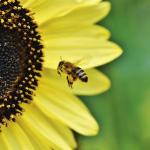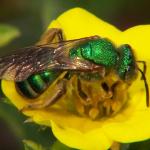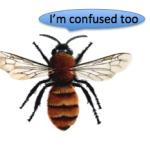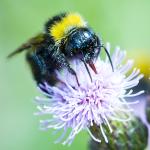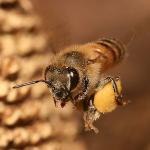bees
The state of New York is on the brink of a big mistake by banning a pesticide that is critical for many farmers.
Plants have a hard life rooted in the ground as they are. In fight-or-flee situations, they can only fight, and as a result, they have developed several chemical and physical defenses.
After developing a swollen eye and experiencing severe, escalating pain for three hours after visiting a relative’s gravesite, a woman in
In The Botany of Desire, Michael Pollen breaks down the Disneyfication of John Chapman, better known as Johnny Appleseed, pointing out that for apples to become today’s abundant fruit they must be cross-pollinated.
Glyphosate, presently the world's most hated chemical, has been blamed for just about every ailment in humans and animals.
Like GMOs and vaccines, misinformation is rife on the topic of bees.
Honey and other bee products have a life-giving, almost mystical quality according to alternative medicine practitioners and "back to nature" enthusiasts. In truth, they don't. Bee colonies aren't tiny pharmaceutical companies.
We constantly debunk bad studies that are anti-chemical, anti-GMO, pr


